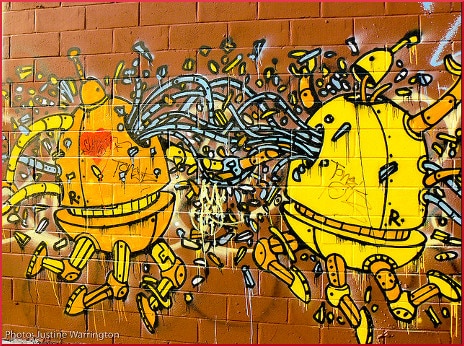Under the current model (as set forth in the 5th edition of the Diagnostic and Statistical Manual) for what used to be known as addiction, unhealthy dependency has become measured on a graduated scale. “Substance Use Disorder” is rated by degrees ranging from mild to moderate to severe. The severity depends on the number of symptoms that are ticked off from a checklist.
Still, many authorities hold that addiction denotes not a difference in degree, but a difference in kind. According to this mindset, the spectrum paradigm is inaccurate, because while some people are not addicts, others simply are. Even with 30 years of sobriety, the term “addict” still applies. A person with this kind of dependency never graduates to non-addict, only to recovering addict. As Dr. Stuart Gitlow says:
…no such continuum exists. Those with addictive disease generally recognize that they are using in a manner that differs from their peers from the time of their very first use.
Here is a real-life example. Growing up, professional comedian Jayson Thibault was so repulsed by the drinkers in his family, his rebellion took the form of shunning alcohol. But when he went away to school, all that changed. He told an interviewer:
The first time I got buzzed, my freshman year of college, something in me went “This is who we are.”
The seeming allusion to a split personality is explained by Thibault himself:
I always hear the word “we”… There’s no “I”… It’s me and this disease, this other thing, that addicts just naturally live with all the time…
There’s half of me that is always looking for an excuse, and there’s half of me that knows better. One of them is always driving the bus, the other one is always the passenger. It’s just a matter of who I give the car keys to…
“This is who we are” was said by an alcoholic discovering his nature for the first time. Probably a similar admission is made by a person on first experiencing the pleasure-center-rewarding rush of gambling. And DSM-5’s comprehension of this reward mechanism is so all-encompassing, it even includes gambling. But not compulsive eating.
The hallmark of the human condition that was formerly known as addiction is the activation of the brain’s reward system, and DSM-5 recognizes this — except when it comes to food and eating. Many studies have shown that eating food undoubtedly and demonstrably activates the brain’s reward system. Like Thibault did with alcohol, compulsive eaters have discovered the deceptive temporary comfort that is available. Here is an interesting side note:
… intense feelings of romantic love affect the brain in the same way drugs like cocaine or powerful pain relievers do… The hypothesis was that love affected the brain in the same way many addictive drugs do, by targeting the “feel good” chemical in the brain known as dopamine.
With other substance and behavioral hangups, the person might very well be able to remember the “love at first sight” moment, the “this is who we are” moment. The difference is that the joy of taking in nourishment is something we all discover as newborn babies, and have always known. It’s too bad, in a way, because it would make a great survey question. But with food, that first moment of revelation was so long ago it can’t even be recalled.
Your responses and feedback are welcome!
Source: “DSM-5: New Addiction Terminology, Same Disease,” Drugfree.org, 06/07/13
Source: “#189: Catastrophic Alcoholic (@TheTeeb),” libsyn.com, 10/20/14
Source: “Romantic Love Affects Your Brain Like a Drug,” WebMD.com, 10/13/10
Image by justine warrington


 FAQs and Media Requests:
FAQs and Media Requests: 











